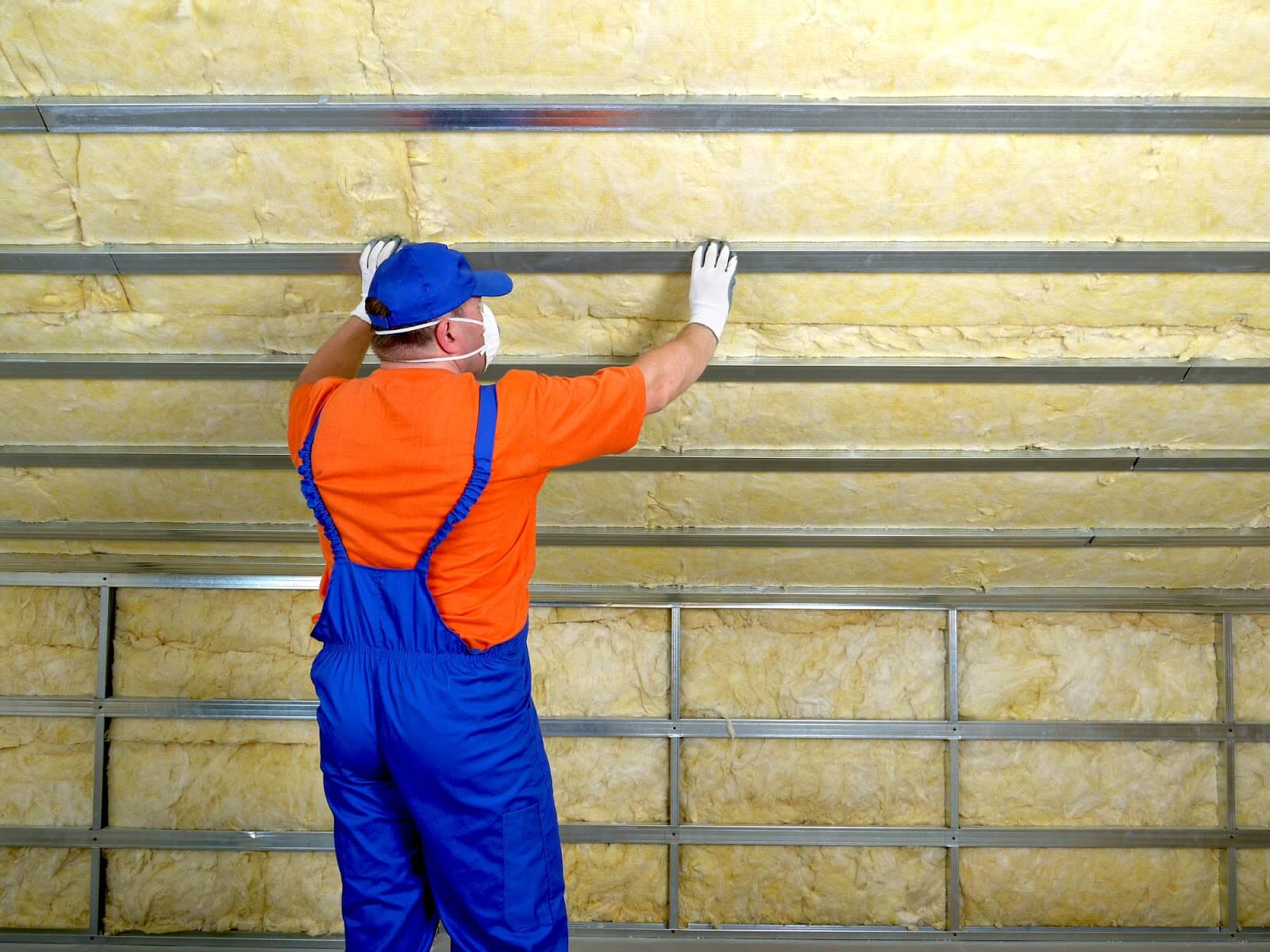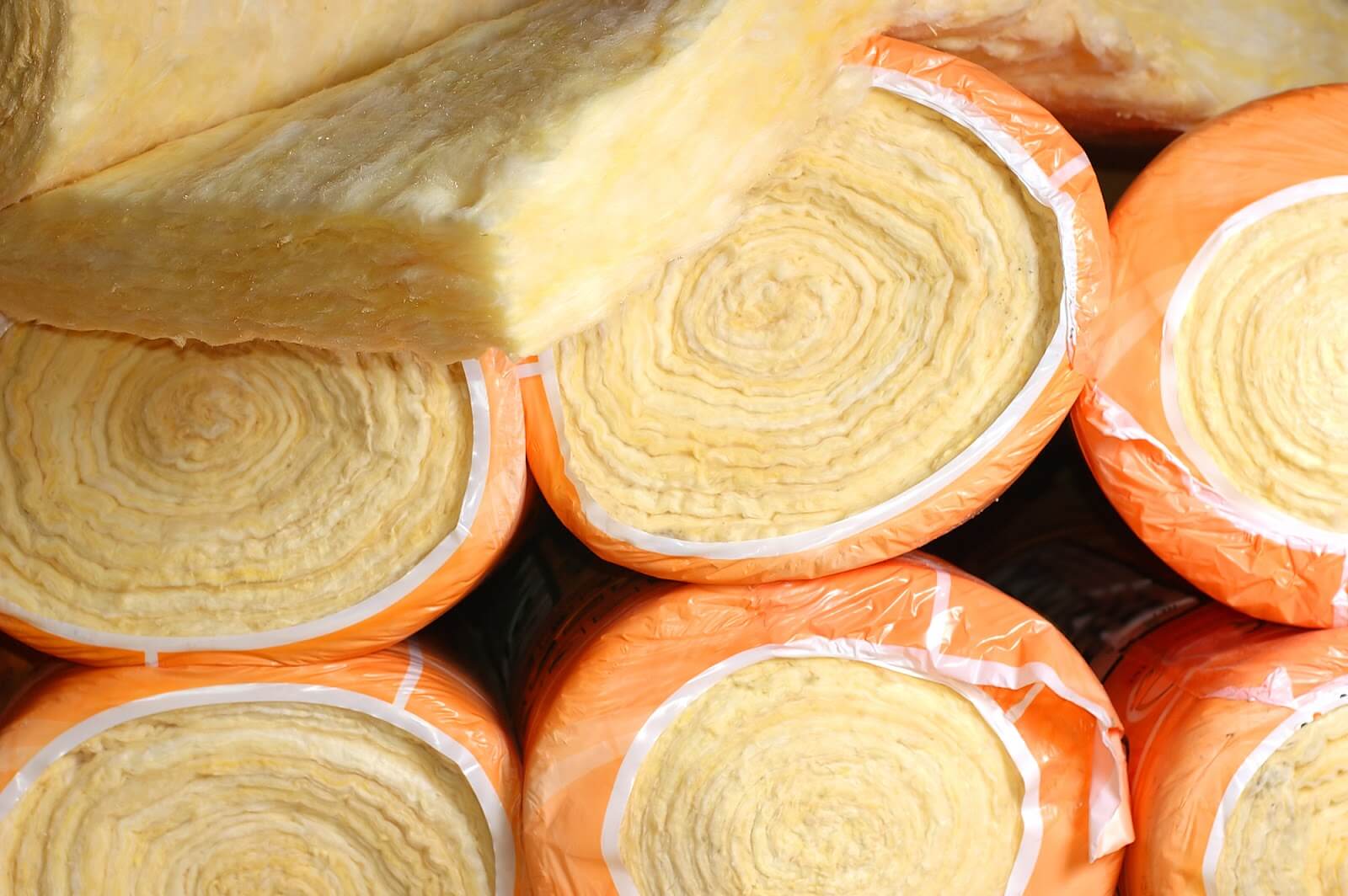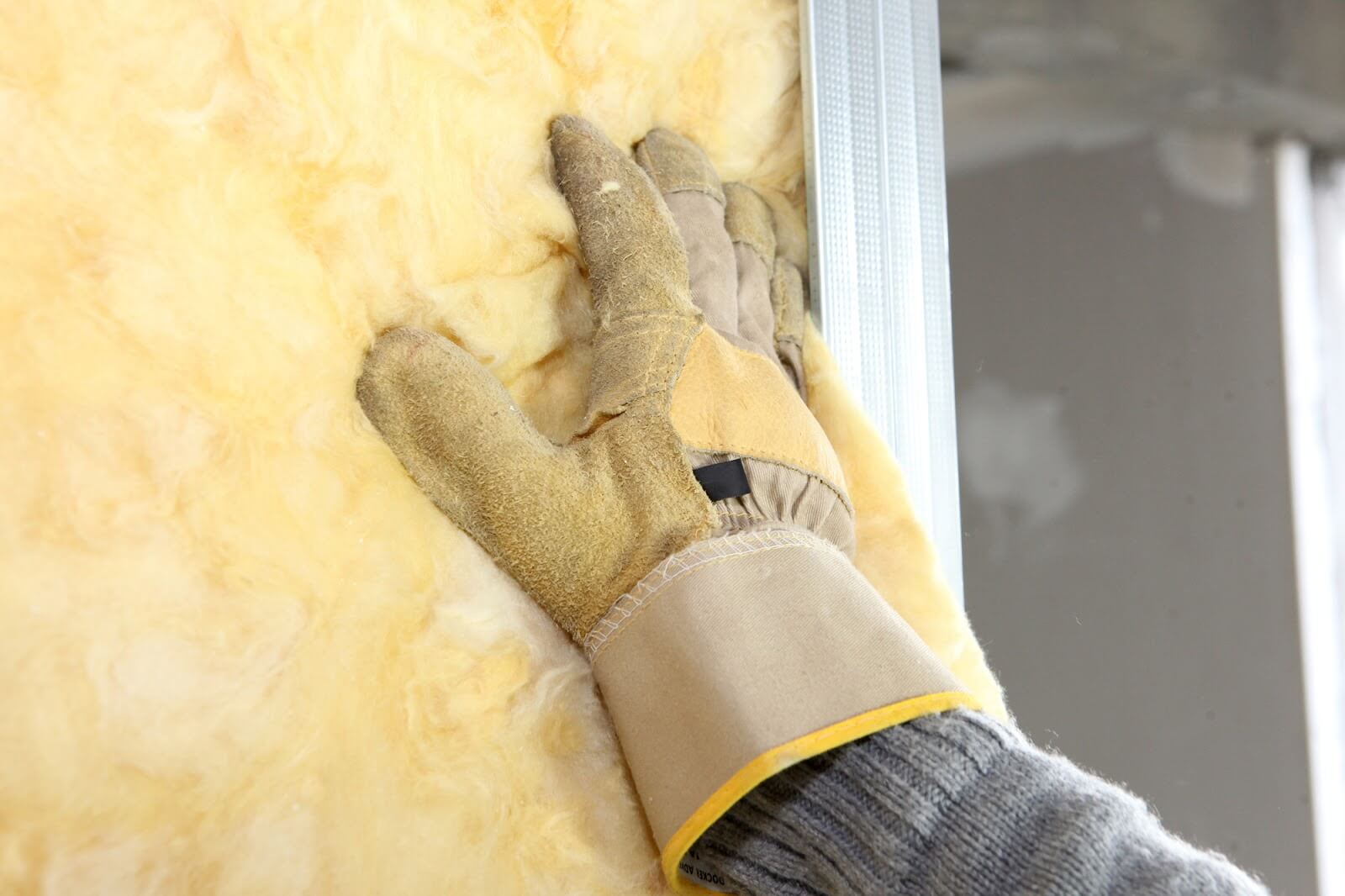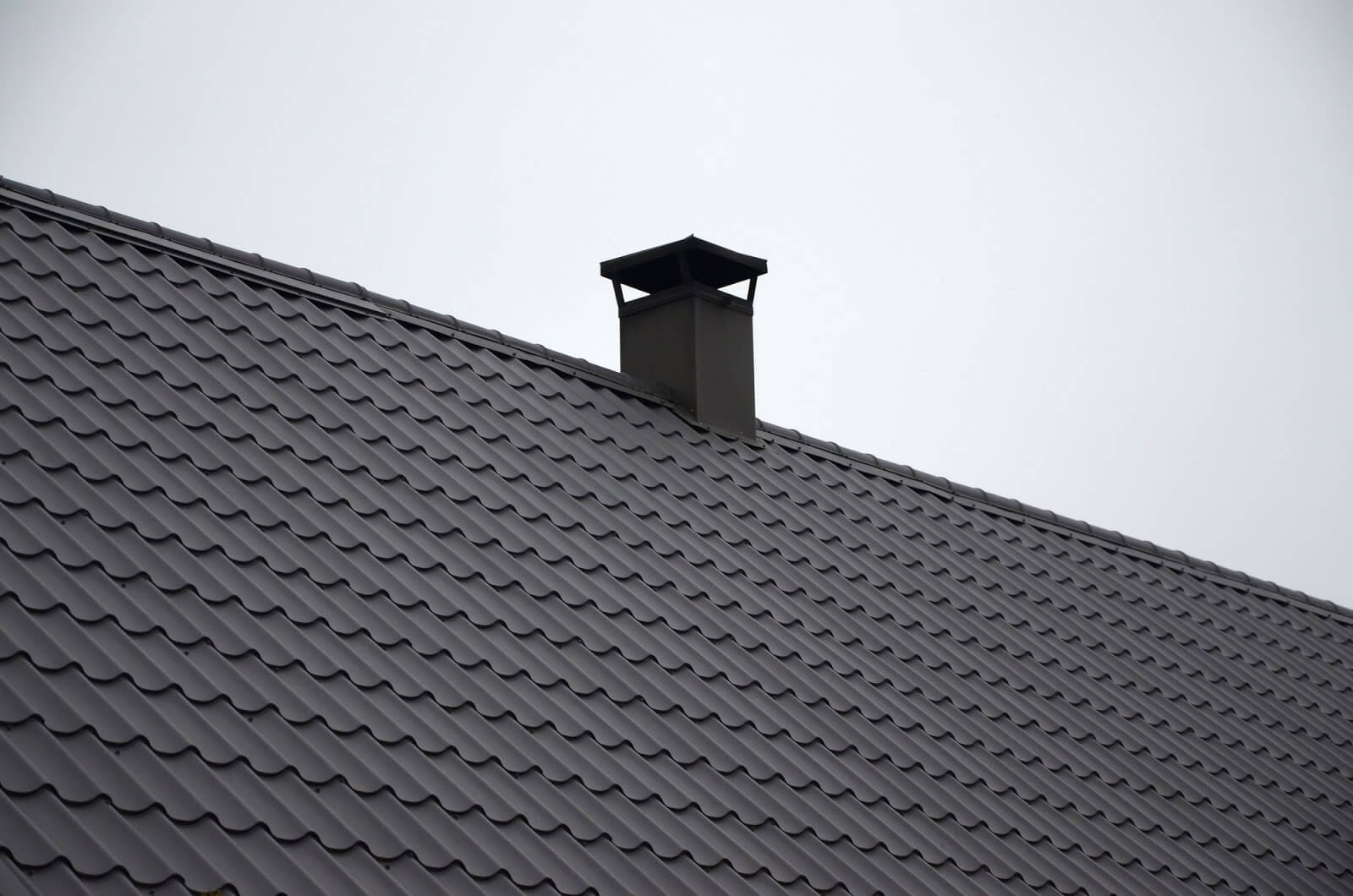Request Quote
Home | Our Blog | Metal Roof Insulation: Everything You Need to Know
Reviewed by Tomas Kalkys. President.
Qualifications: More than 20 years of experience in residential and commercial exterior remodeling.
Founding farther of Legacy Service.
Written by LegacyUSA Team
posted on Mar 16, 2020
Get Estimates From Roofing Pros

Metal roofing has been steadily increasing in popularity throughout the United States in recent years for many reasons. Not only is it beautiful, but it also has more durability and lasts longer than other types of roofing (like asphalt shingles). But just because it’s a strong type of roofing doesn’t mean that it doesn’t need insulation. In fact, insulation will help maximize its energy efficiency.
At Legacy Service, we’re here to help with any of your home exterior needs. In this article, we’ll discuss the importance of using insulation for metal roofs, your options, and how to get it done. Our team can also do it for you with a roofing installation or replacement. Please feel free to contact us at 215-798-9790 to learn more.
Not a real zip code.
Most, if not all, roofing structures should be properly insulated. Metal roofs are no exception. Many commercial and residential buildings (including metal sheds) use insulation to help improve energy conservation and reduce noise pollution. If you’d like your home to be a warm, quiet, and cozy one, then you’ll definitely want to get metal roof insulation.
Fortunately, we can help! Whether you’re installing a new roof or would just like to add insulation under the existing metal roofing, our team will present you with your options and get the job taken care of once you decide. Now, let’s go over your options.

You have multiple options when it comes to choosing metal roofing insulation. In this section, we’ll review the three most popular ones by providing you with a brief description, the pros and cons, and the typical price range. Read over them and see which one sounds best for you. Then, contact us at Legacy Service to schedule a consultation with one of our experts to find out the best way to insulate.
This insulation material uses fine, threadlike-glass formations that are woven together and mixed with other materials to form a thick insulating pad. The material’s glass is the same basic substance used in glassware.
Pros:
Property owners choose fiberglass batts because:
Cons:
Disadvantages include:
Price:
The cost tends to differ depending on the R-value. For example, without insulation, it can range from $0.12 to $0.16 per square foot for an R-value of 11 and $0.55 to $0.60 per square foot for an R-value of 38.
This type of material is used to provide thermal resistance to foundations, roofs, and walls. It comes in sheets or panels of varying sizes, made from polystyrene or polyurethane.
Pros:
Owners choose rigid foam insulation for their building because:
Cons:
Disadvantages include:
Price:
The cost of rigid board insulation typically ranges from $3.95 to $7.20, depending on the quality.
This type of insulation is mixed with water and applied through high-pressure spray machinery as a heated liquid. When it reacts with the oxygen in the air and the water dries up, the polyurethane foam will expand, harden, and cure within minutes, which results in thick, rigid foam.
Pros:
People choose spray foam for their insulation because:
Cons:
Disadvantages include:
Price:
It’s available in two types: closed-cell spray foam which usually costs $1 to $1.50 per board foot and open-cell spray foam which is within $0.44 to $0.65 per board foot.
Another option is double bubble insulation.

Many homeowners prefer to install insulation themselves rather than hire a professional. If this is your first time installing insulation, whether it’s under a new or existing roof, we recommend reading through the following step-by-step processes before you begin. Here’s how to insulate your new or existing roof:
Not a real zip code.

We took some of our customers’ most frequently asked questions about metal roofing with insulation and answered them below. If you have further questions, please feel free to contact us to schedule a free consultation!
Yes, it is highly recommended to use insulation with your metal roof. Insulation helps improve your home’s energy efficiency, keeping you warm during the winter and cool during the summer.
You can find the best way to insulate a new or existing metal roof by reading our aforementioned “How to Insulate” section in this article.
Metal roof sweating results from too much humidity condensing on the underside of your roof. Underlayment will help prevent this. You’ll also need to make sure there’s good ventilation to allow for proper airflow.
To prevent too much condensation from forming under your metal roof, it’s best to add a vapor barrier underneath. Vapor barriers stop moist air from flowing up through the insulation and condensing on the roof.
While placing plywood under a metal roof isn’t a requirement, it is recommended for some homeowners. Plywood helps protect the insulation for when the roof eventually needs to be replaced and it also provides additional soundproofing.
Condensation forming on the underside of your metal roof can cause damage to the inside of your building. Fortunately, the correct insulation can help prevent condensation from forming in the first place by making sure the panel temperature never reaches the dew point. Many homeowners accomplish this using vinyl-backed fiberglass insulation, which helps prevent humid air from coming into contact with the cooler metal roof. Ask your local roofing experts to determine which insulation would work best for you.
Properly insulating your metal shed not only helps control the temperature but also helps prevent condensation and water from getting inside of it. Fiberglass batts are typically the cheapest option, and they’re also easy to install. Rigid foam boards are considered a cheaper alternative to spray foam. And spray foam, although it may be more expensive, may offer the best R-value. While fiberglass batts are usually the cheapest, property owners may want to consider other options to find the best one for them.
The best insulation for a metal roof, whether it’s a standing seam, a corrugated metal roof, or a metal roof over shingles, depends on your preferences. At Legacy Service, we can help you determine the right one. To get started with a roofing installation or replacement, give us a call at 215-798-9790 or visit us at https://legacyusa.com/contact/.
Posted on Mar 16, 2020 in Roof
Read our news
HOW LONG SHOULD A ROOF LAST? ELEMENTS
A lot of elements play a role in maintaining the integrity of the roof, but as a homeowner, the most important components to pay attention to are the underlayment, ventilation, and material.
DIFFERENT TYPES - DIFFERENT LIVES
Choosing the best roofing material for your home is the first important step in ensuring that you have the highest quality roof possible.
METAL ROOF VS ASPHALT SHINGLE ROOFING
Two of the most popular roofing materials on the market are metal and asphalt, and both offer different pros and cons to a customer.
Pros and cons of Asphalt Shingle Roofing
Replacing a roof is an expensive decision, and cannot only come down to cost.


